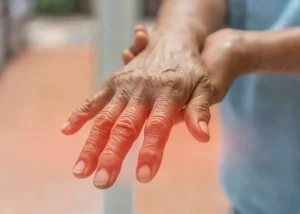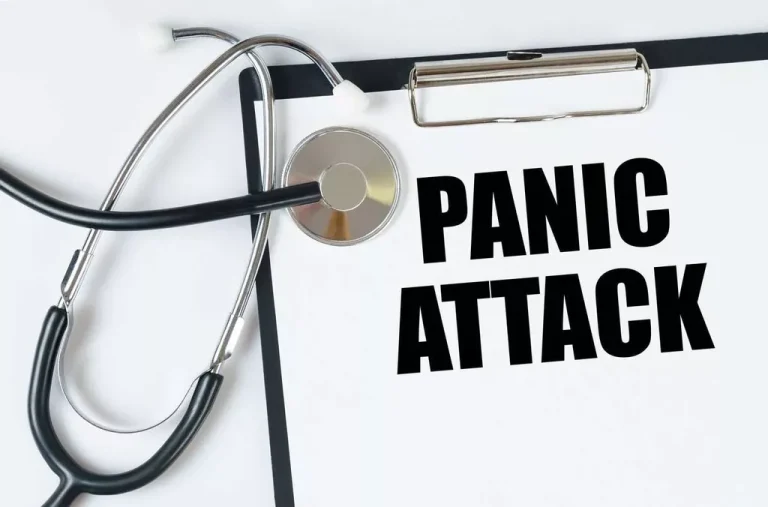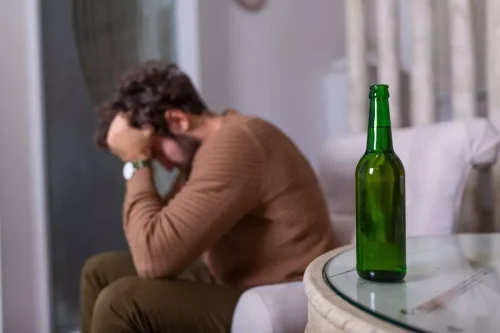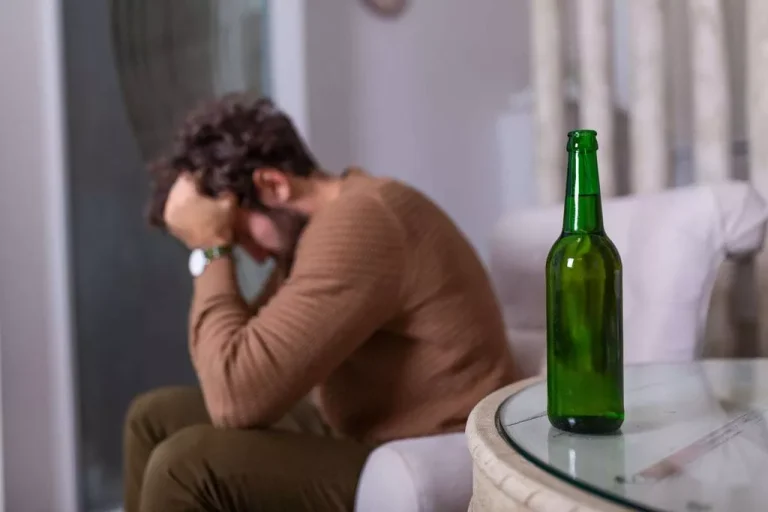
Sober living
How to Stop Drinking Alcohol: Making a Plan That Works for You

Certain individuals may have Oxford House a genetic predisposition to experiencing stronger cravings for alcohol, making it even more challenging to overcome addiction. Because denial is common, you may feel like you don’t have a problem with drinking. You might not recognize how much you drink or how many problems in your life are related to alcohol use.
Nuts and Seeds: Healthy Fats to the Rescue
- Your immune system strengthens, your skin often clears, and your body begins a profound process of self-repair that alcohol continuously hindered.
- There aren’t many recovering alcoholics who can pinpoint the exact moment when they alleviated their cravings.
- Everyday worries, responsibilities, and annoyances can all contribute to stress.
- In the journey towards recovery, the right nutrient-rich foods can play a surprising role – they can curb alcohol cravings.
These triggers can be people, places, or things that make you crave alcohol. An urge to drink can be set off how to get over alcohol cravings by external triggers in the environment and internal ones within yourself. At the end of the day, just remember you don’t have to run the course alone — connecting with a therapist or joining a recovery program can make all the difference. She notes that it can help to avoid your triggers as much as possible in early recovery, since triggers are often most intense when you first stop drinking. Coping tips can absolutely offer short-term solutions when you’re trying to cut back on alcohol. That said, permanently changing your relationship with alcohol may require a more in-depth approach.

Medication and Therapy

Trying to ignore alcohol cravings is not the best way to manage them. It is better to accept them as normal and actively treat them through a variety of methods, including possibly taking medication. Ashwagandha is an herbal supplement used in traditional Indian Ayurvedic medicine. It has long been used to prevent alcohol cravings, improve immune function, and reduce stress. The fiber-rich, complex carbohydrates in whole-grain breads and foods like brown rice, quinoa, barley, and farro are digested more slowly, which help keep blood sugar levels steady.
Caregiver Stress and Caregiver Burnout

They may occur sporadically for several years during recovery, gradually decreasing in frequency and intensity over time. Seek support from friends, family, or support groups such as Alcoholics Anonymous. Talking to someone who understands what you’re going through can provide encouragement and help you stay motivated. Some methods are more helpful early on in your efforts to change your drinking, whether it be to cut back or to stop drinking entirely. Other methods are considered somewhat more advanced strategies. Alcohol cravings are caused by psychological and physical factors that form triggers that tempt you to drink.
- They work best in conjunction with other treatments, such as counseling.
- The time it takes to detox depends on a few factors, including how much you drink, how long you’ve been drinking, and whether you’ve experienced alcohol withdrawal before.
- Not necessarily.The cravings will lessen in severity over time, but for some people, they will take several years to go away completely.
- Know this up front if you are going to drink because your ability to resist triggers to smoke may be impaired under the influence of alcohol.


